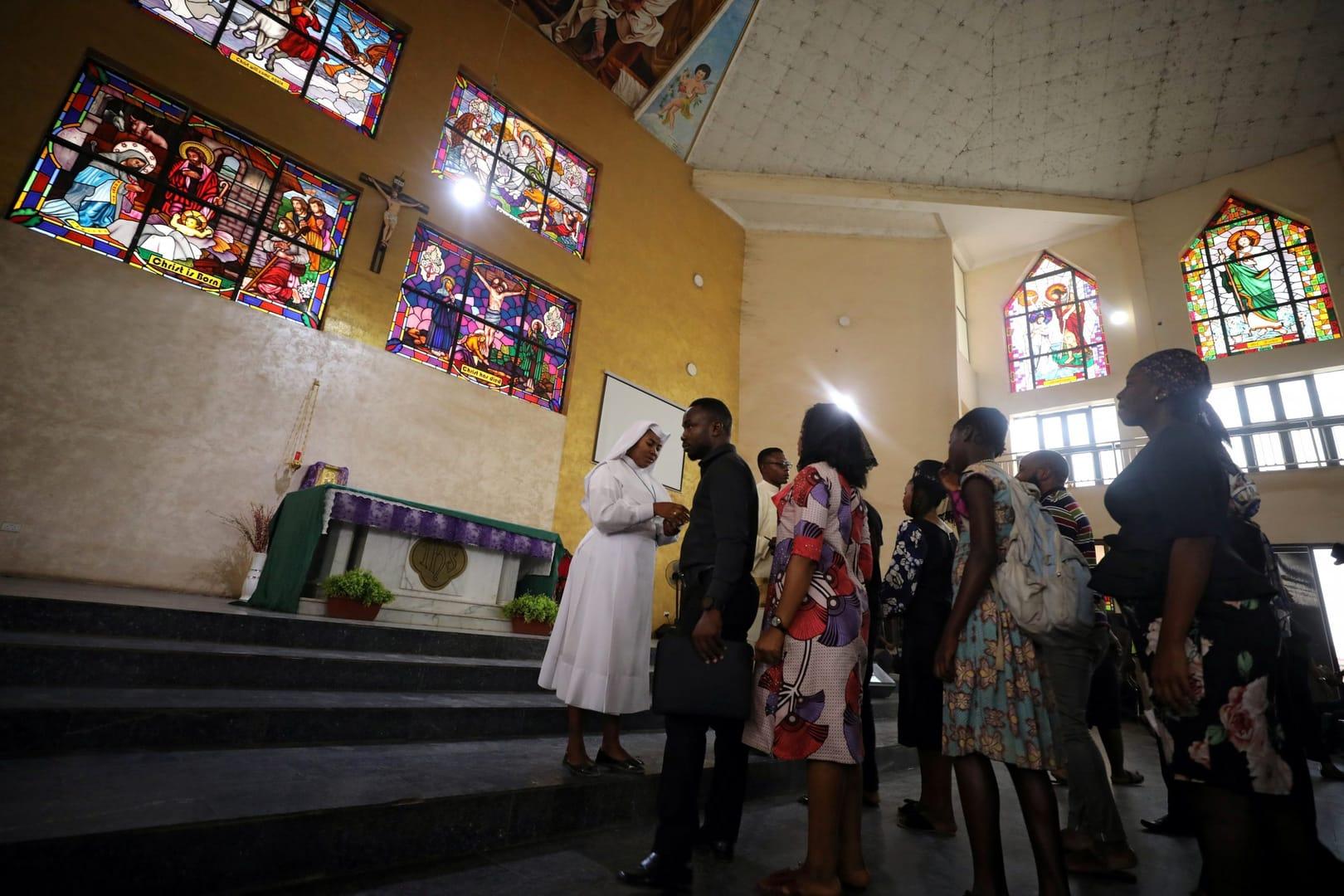YAOUNDÉ, Cameroon – Across Nigeria, Christians have been targeted for attacks by Muslim fundamentalists, usually either by Boko Haram or marauding Fulani herdsmen.
At least 3,500 Christians died from October 2019 to October 2020.
Ellis Heasley, Public Affairs Officer at Christian Solidarity Worldwide (CSW), said there is a sustained campaign of violence which has been ongoing in multiple states in central Nigeria for over a decade now, and which increased in severity in recent years.
He told Crux said the attacks “paint a worrying picture for freedom of religion or belief (FoRB) in Nigeria,” and called on the government to do more to promote peaceful co-existence between Christians and Muslims in a country where the two faiths share a near equal number of faithful.
Following are excerpts of his interview.
Crux: What does this series of attacks on Christians mean for Christianity and for Christians in Nigeria?
Heasley: These attacks are the latest in a sustained campaign of violence which has been ongoing in multiple states in central Nigeria for over a decade now, and which increased in severity in recent years in particular. A combination of inadequate official intervention, the proliferation of small arms, and a general rise in lawlessness has led to a situation in which Christians in particular are extremely vulnerable to attacks by an armed group comprising members of the Fulani ethnic group, often referred to as the Fulani militia, to distinguish them from peaceable Fulani communities.
Last year saw a significant and sustained uptick in violence of this kind across Nigeria. CSW received reports of such attacks, particularly in Kaduna state, on an almost daily basis. Hundreds of civilians have been killed and abducted for ransom, and thousands have been displaced, with some members of the international community raising concerns that the current violence bears the hallmarks of atrocity crimes. This year attacks are also being reported increasingly from southern Nigeria.
It is clear that this violence is showing no sign of slowing in 2021, and that there is a need for urgent international intervention to help the government address the threats posed by the Fulani militia in central Nigeria, by Fulani bandits who are attacking largely Hausa Muslim communities in the northwest, as well as by both factions of the Boko Haram terrorist group in the northeast.
What do these attacks tell you about religious freedom in Nigeria?
These attacks paint a worrying picture for freedom of religion or belief (FoRB) in Nigeria, in which members of religious minority communities in the center of the country continue to be targeted within a climate of impunity. The government must do far more to promote peaceful co-existence between religious communities and equality before the law, and to bring perpetrators of religiously motivated attacks to justice.
The authorities in Kwara state in Western Nigeria want Muslims to wear the Hijab in Christian schools. What is your opinion on this development?
CSW believes that Muslim girls should always be granted the right to wear the Hijab in any public school as a key part of the manifestation of their faith.
With regard to the schools in Kwara, these establishments have a long-established uniform which school children wore without issue until this problem suddenly arose.
The argument used by its proponents for change is that the schools are “grant-aided,” [government funded] and should be obliged to allow this.
However, until now the 1974 agreement for grant aiding allowed for the schools to determine school uniforms, including mandatory berets and also to run the establishments.
Thus, the issue could have been raised in discussions with the school with a view towards coming towards some accommodation, as opposed to the seemingly deliberately confrontational manner in which it is alleged to have occurred.
Additionally, in several Sharia states CSW has observed the practice in which non-Muslim schoolgirls have been forced to wear the Hijab, as has been the case in Kano state, for example, since 2003.
We are also concerned by reports that non-Muslim schoolchildren in these states have at times been forced to adopt Muslim names in order to ensure they can continue with education.
Is this contrary to the child’s fundamental right?
Discrimination against children in educational settings on account of their religion or belief, or that of their parents, is unacceptable in any circumstances, and the Nigerian authorities should ensure that schoolchildren of all religions and beliefs are free to access education without discrimination or harassment.
What should the government of Nigeria do to change this behavior?
It is imperative that the government – state and federal – should ensure the non-discriminatory application of the law with regard to public schools and grant-schools. For example, in Sharia states in Christian Religious Knowledge (CRK) teachers are not recruited, let alone posted to Muslim grant-aided schools, which also do not allow gatherings of the Fellowship of Christian Students (FCS).
Equal application of the law would go a long way towards reducing tensions and promoting greater religious harmony and cooperation.














